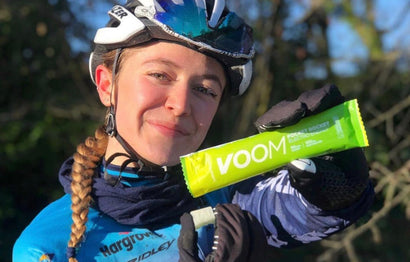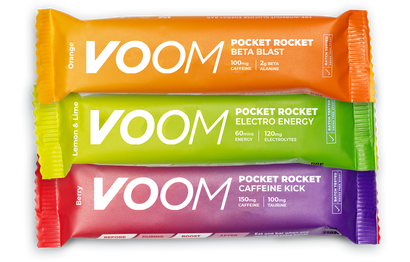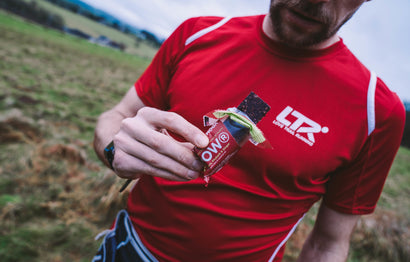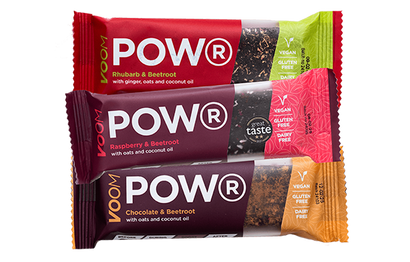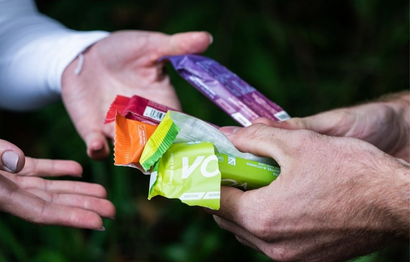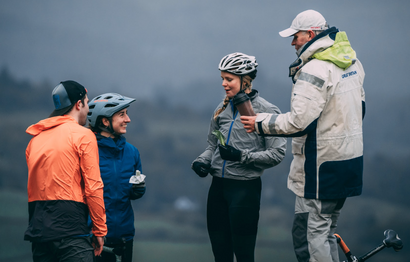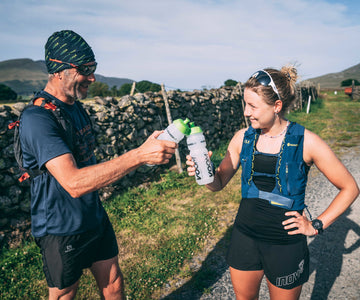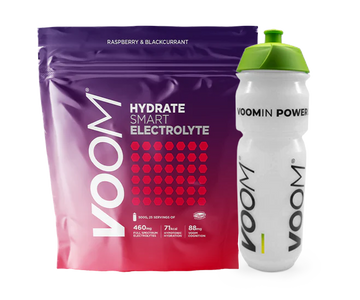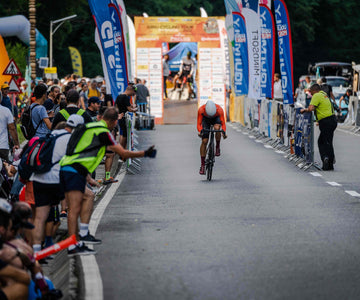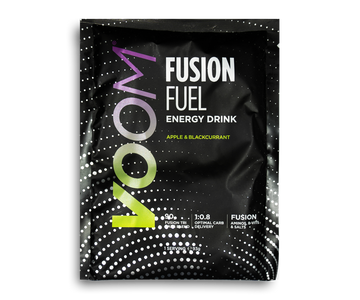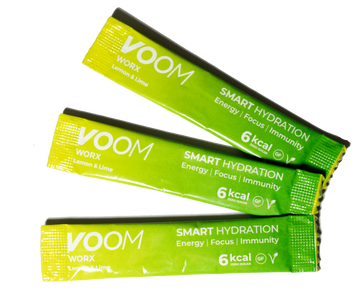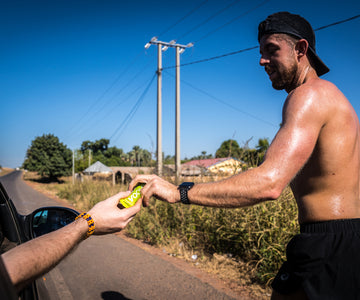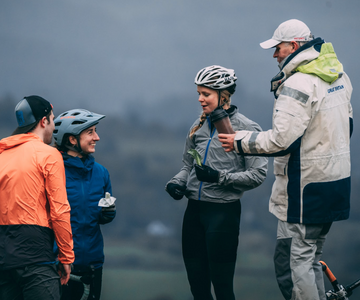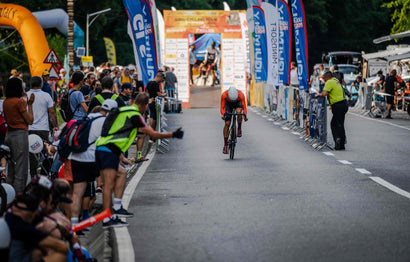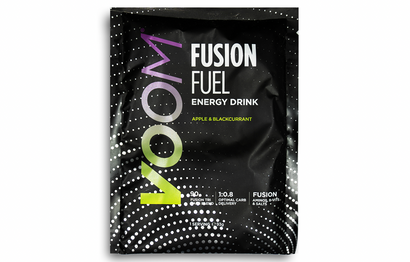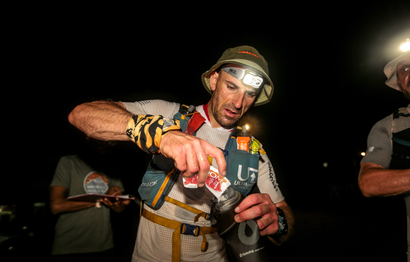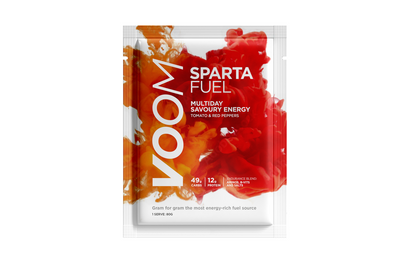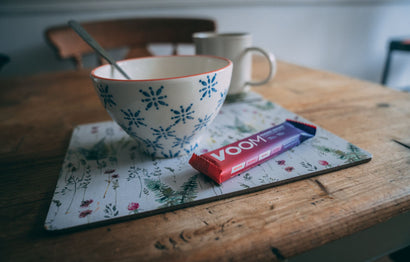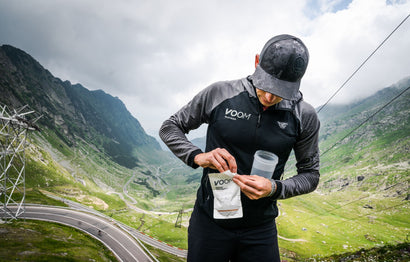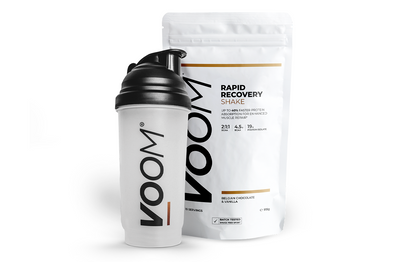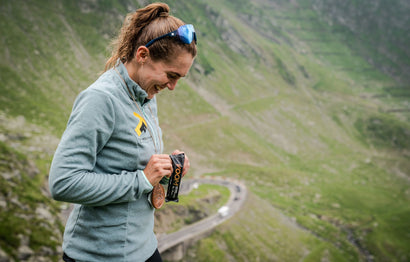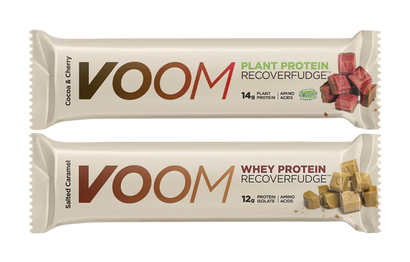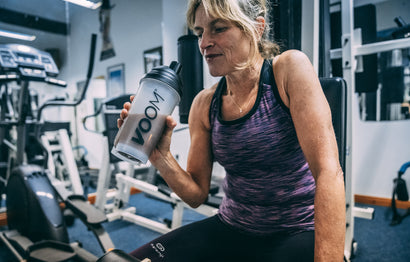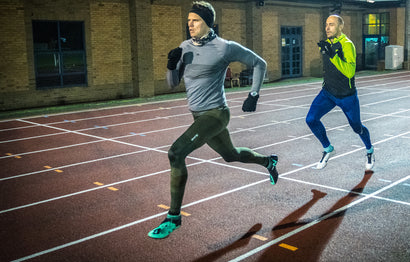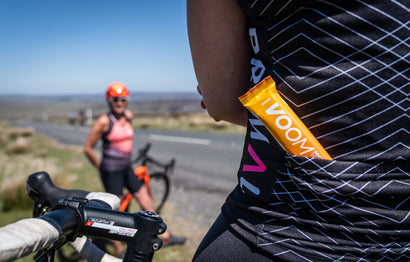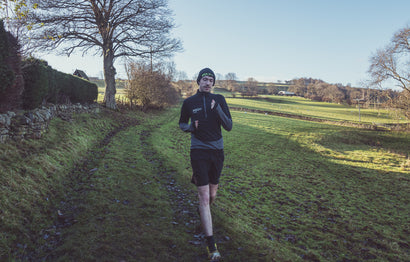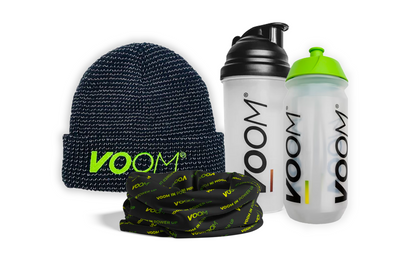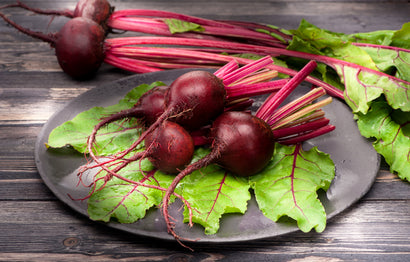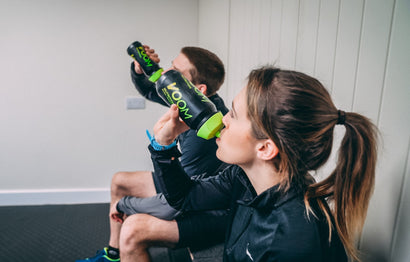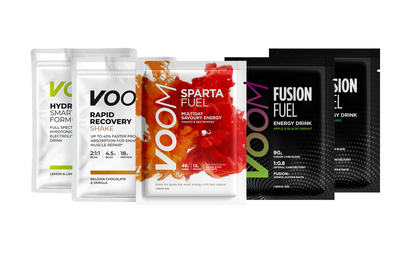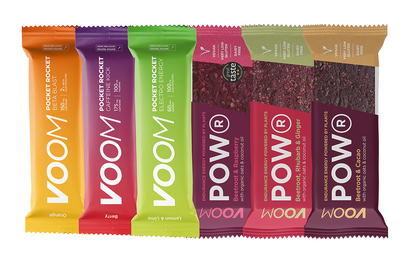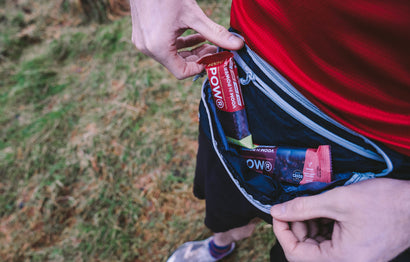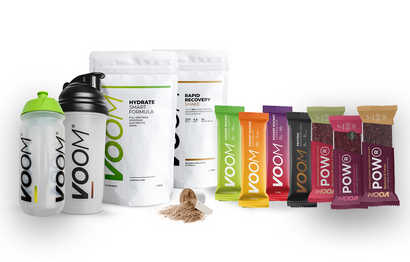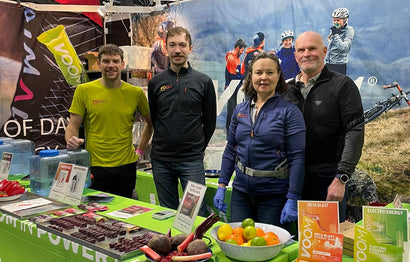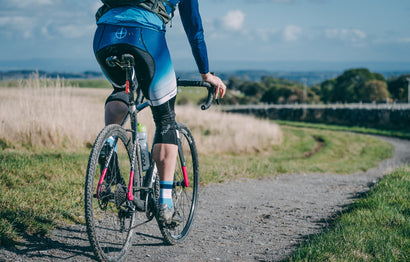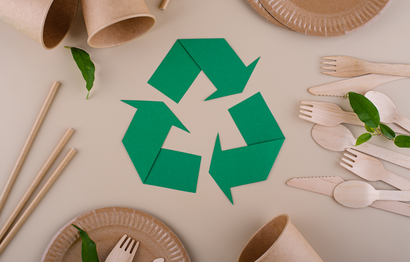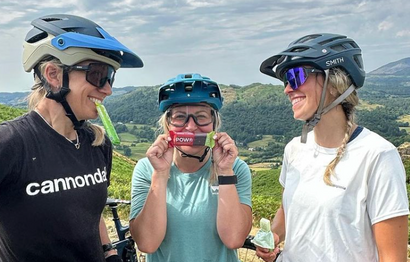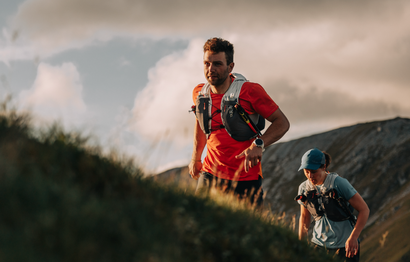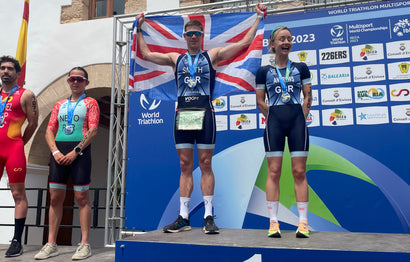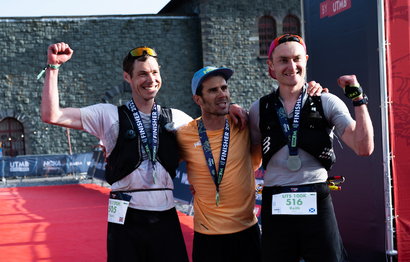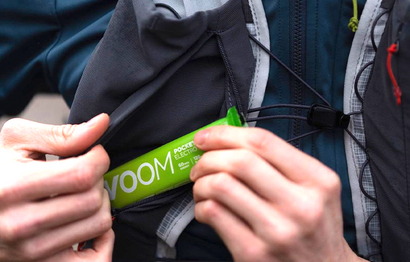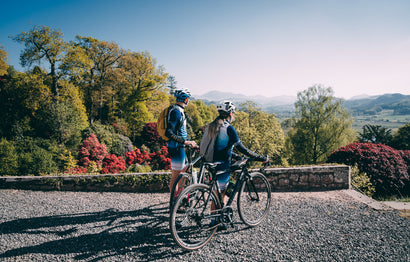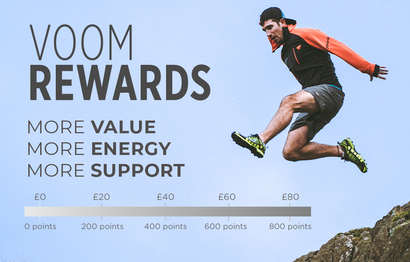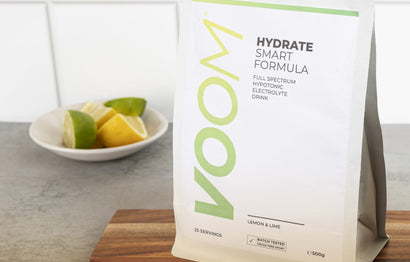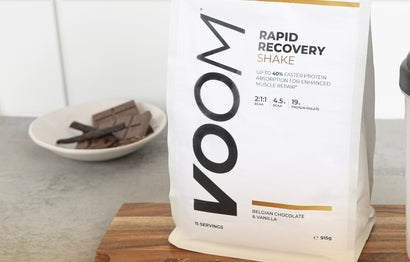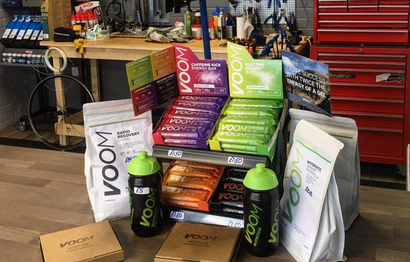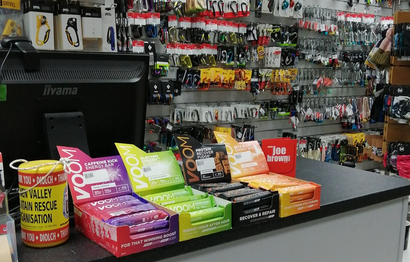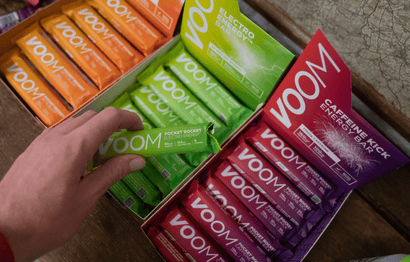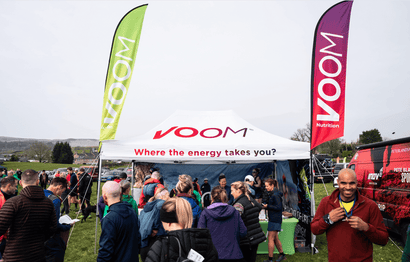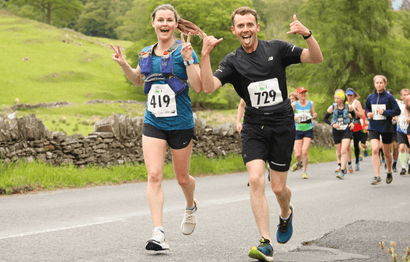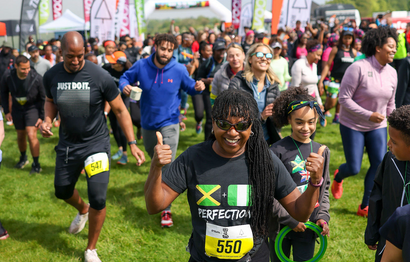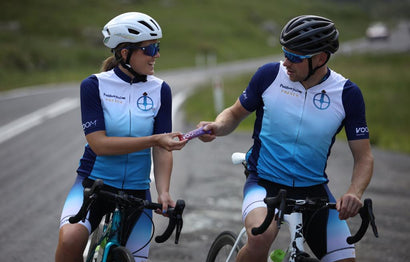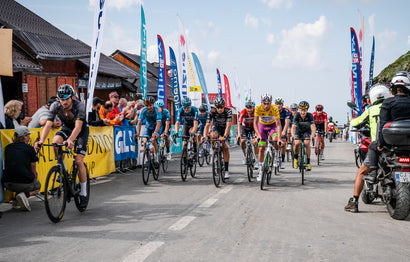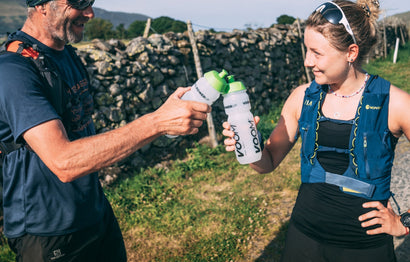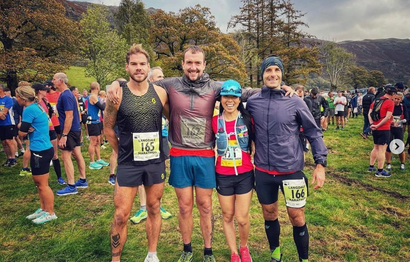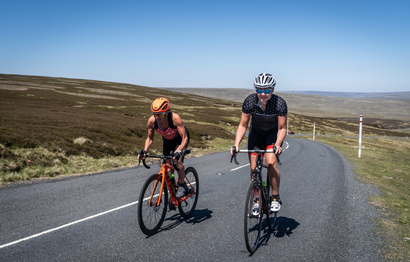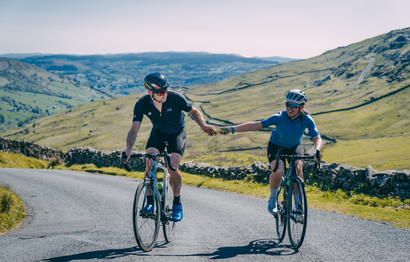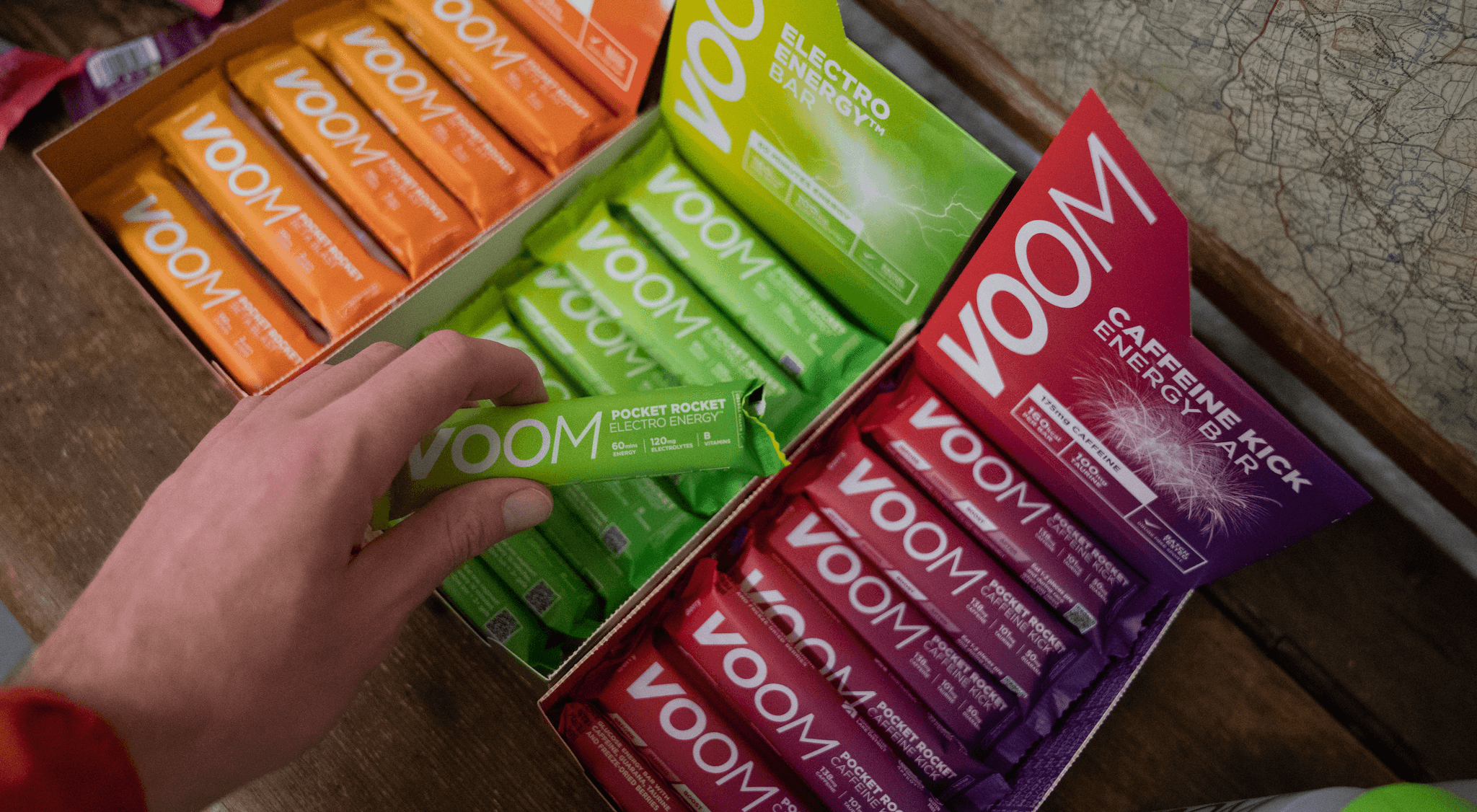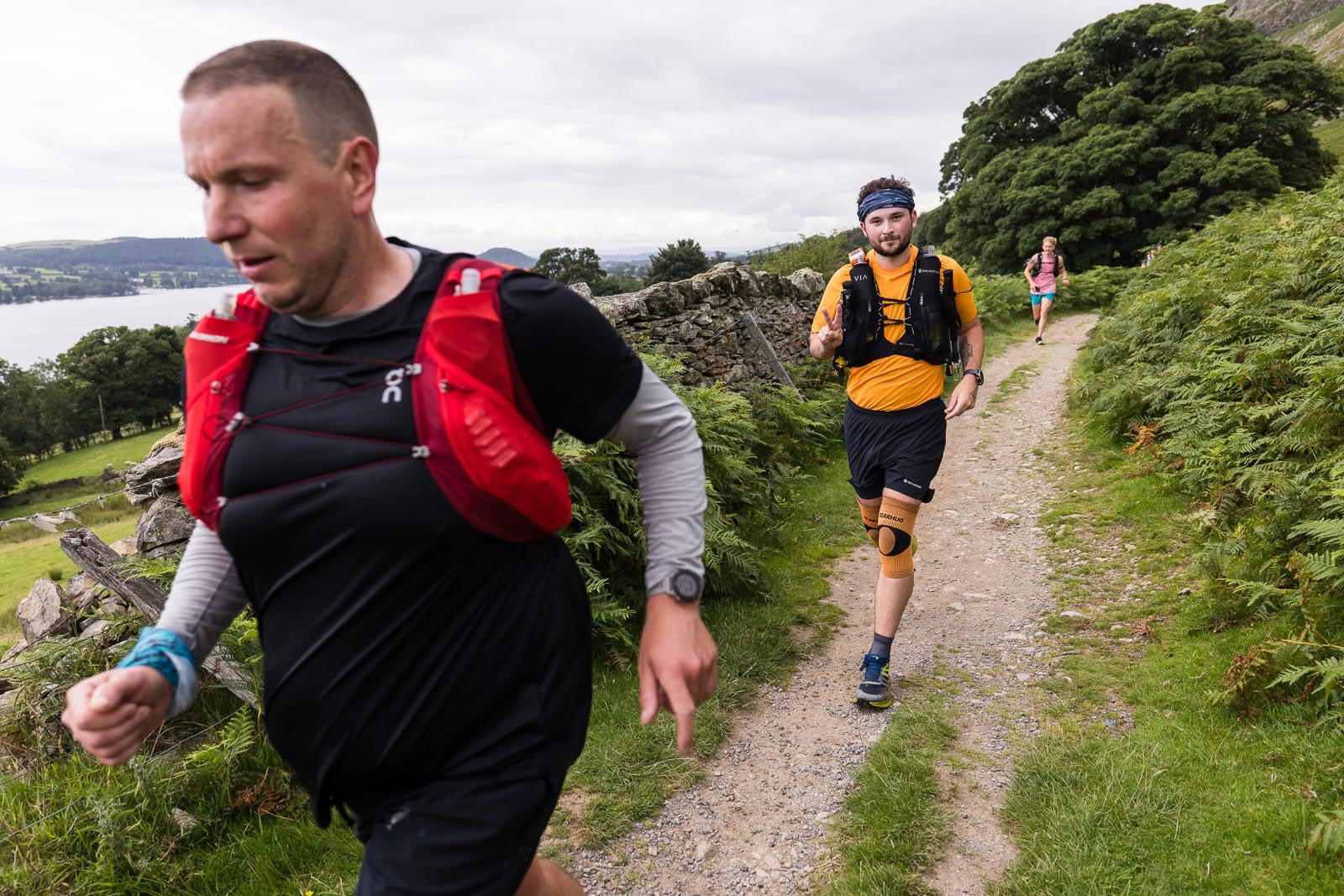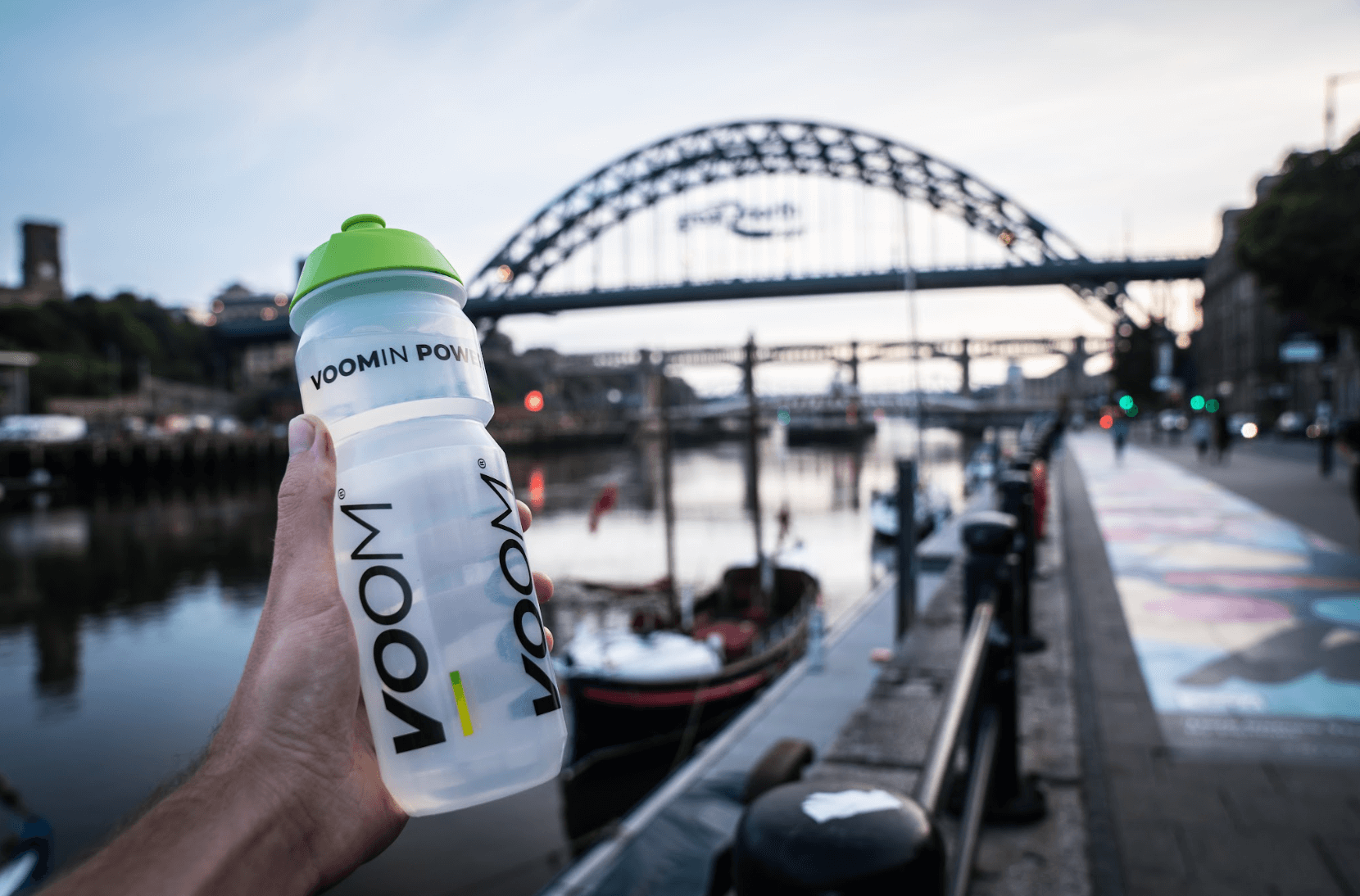We take an in depth look at how you can nail your hydration and fuel to elevate your performance when there’s only a short duration to perform! Including an event day fuel recommendation and five top tips for hill climb riding.
What is a hill climb?
In cycling a hill climb is an uphill only race, usually run as a time trial format where riders set off at intervals to each ride up the hill as quickly as possible - the fastest time wins! Hill climbing is a popular discipline in the UK each Autumn with one event chosen to host the national champs for the year. Competition is fierce with the British National Champs’ jersey up for grabs to the category winners!
Typically a hill climb may only last between two and five minutes on a short but very steep course. Some courses may be longer, for example The Struggle which hosts the 2023 British hill Climb Champs, where the Male winner is likely to take around 12 - 13 minutes. Given the short duration and extremely high intensity of a hill climb, optimising your hydration and nutrition may give you a small performance improvement but can really boost you up the results.
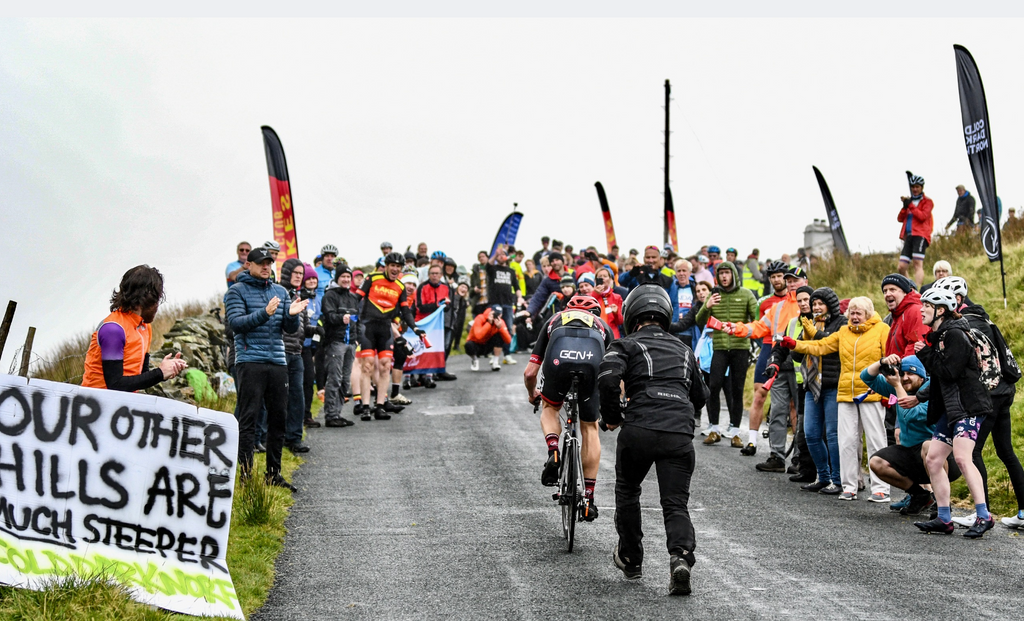
Photo credit: Ellen Isherwood
Hydration and Nutrition for a Hill Climb
Below we give five nutrition tips to smash your next hill climb, and incorporating the reasoning of those tips we’ve come up with a race day strategy. We recommend an easily digestible (low GI) carbohydrate-rich meal, around 3 hours before riding. Great examples here are porridge with honey and/or raisins, or toast and jam - avoid high fiber and fatty foods as these are slower to digest. 300 - 600kcal should be sufficient, or 75 - 150g carbs.
If you’re off early and 3 hours before isn’t realistic, try a smaller carbohydrate top up 2 hours before, for example a VOOM Pow® Plant Beetroot energy bar, which has other benefits which we’ll come onto. Realistically your carb intake from the day before should have you covered for an event of this duration.

If you’re off later in the day and breakfast seems too long before your start slot, again we recommend the Pow® Bar as a top up, say 2 hours before go time. Between 1 and 2 hours before the start we recommend sipping 500ml of an electrolyte drink - this keeps the body hydrated and the electrolytes allow faster fluid uptake into the body.
With around 45 minutes before the start is a great time to take on board some caffeine, which can reduce perception of effort and reduce feelings of fatigue. The VOOM Pocket Rocket Caffeine Kick packs 175mg caffeine in a bar so this makes a great way to get the caffeine whilst also topping up carb intake to maintain blood glucose for the start.
In summary,
-
3 hours before the start take on a carbohydrate rich meal.
-
60-120 minutes before the start sip approximately 500ml of electrolyte drink in the 1 - 2 hours before starting.
-
30-60 mins before the start a final carb top up with some caffeine, half a Caffeine Kick bar is perfect which will deliver 22g carbs and around 85mg of caffeine to give you a boost and reduce perception of effort as you climb!
Five ways to boost uphill cycling performance
We look at five areas to consider if you want to raise your game for a hill climb! Across the board you’re not really going to need to take on any hydration or nutrition during any hill climb event in the UK, but optimising things before the start can ensure you’re ready to fly!
Hydration
By now we should all know that as little as 2% dehydration can start to impair endurance performance (Cheuvront & Kenefick, 2014) so make sure to keep your hydration status in a good place pre-event. To check on this you should keep thirst sensation low and urine colour pale which can be done through sipping water or electrolyte drink in the 2 h before exercise.
As a guide approximately 5-10 mL/kg body weight should be sufficient (Goulet, 2012) which would equate to 350-700ml for a 70kg rider. If you have a bit of a drive to the event, make sure you have a bottle to hand during the journey to avoid becoming dehydrated.
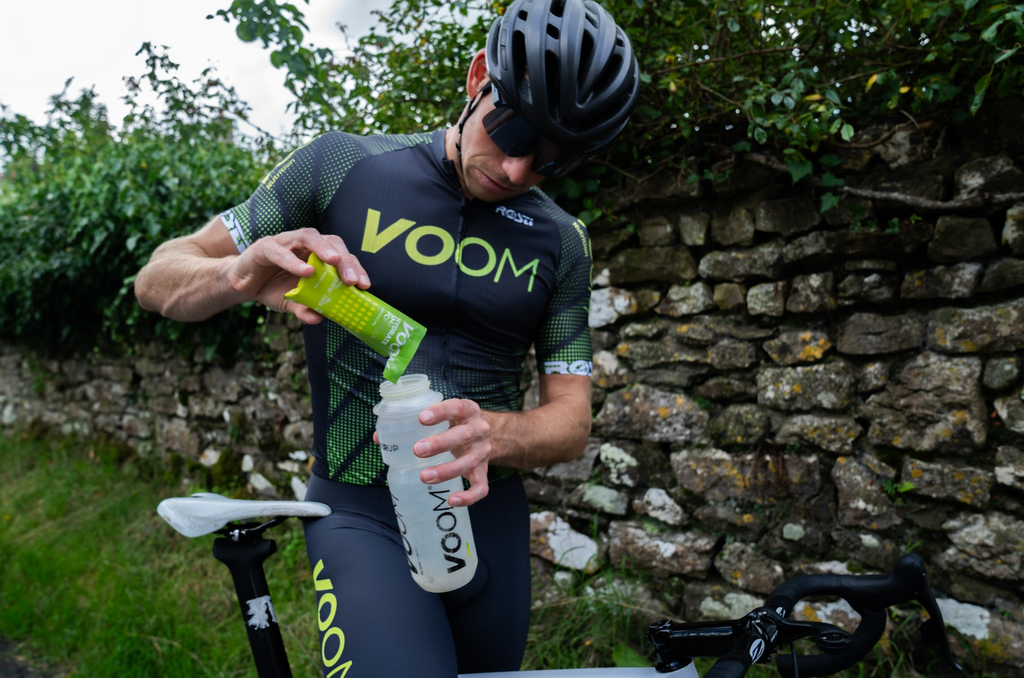
Carbohydrate
As mentioned for such a short duration event no carb intake will be necessary during the event, but making sure your blood glucose level is optimal will help keep your muscles energised once you start racing. Topping up with around 20g of carbs 30-60 minutes before the start can make sure blood glucose levels are high in order to continue supplying the muscles with glucose once racing starts. A half of any of the Pocket Rocket bars will do the job, but we recommend the Caffeine Kick to also enjoy a caffeine boost!
Nitrates
Nitrates which are naturally found in beetroot can boost sporting performance; the mechanism of the improvement comes as nitrates boost nitric oxide in the blood. The increased level of nitric oxide lowers the oxygen cost of exercise by around 3% (Larsen et al, 2011). In other words the same muscular ‘work’ uses less oxygen, or if the body uses the same volume of oxygen more work can be done - faster or stronger muscle contractions to cycle faster!
Research has shown that a dose of 400mg of dietary nitrates is optimal, and peak blood nitrate levels are seen 1 - 3 hours after consumption. The VOOM Pow® Plant Endurance bar range has been developed with this in mind, so is an ideal snack a couple of hours before competing.
Some research shows several days of supplementation increases the ergogenic effect from nitrates so some athletes regularly use beetroot products. We recommend you build nitrates into your diet 3 - 6 days before the race for optimal performance, but meta analysis of the research now shows no significant difference in effect between 1 - 15 days of supplementation (Senefeld et al 2020).
Caffeine
Caffeine is a widely used substance both in everyday life and in the sporting area, so what does caffeine do in the body? Caffeine raises physiological and nervous function within the body which can reduce fatigue and increase alertness, thus resulting in improved performance (Guedes, et al., 2012).
Sports physiology research has shown caffeine can produce a 20-50% increase in time to exhaustion amongst trained cyclists working at 80% of VO2max where a reduced rate of perceived exertion (RPE) was also reported (Costill, DL., 1978). The increased time to exhaustion is thought to be because whilst carbohydrate metabolism remained consistent between caffeine and non-caffeine trials, fat metabolism during exercise was increased when participants had consumed caffeine.
We recommend up to 4mg of caffeine per kg of bodyweight approximately 1 hour prior to endurance activity is optimal, which would equate to up to 280mg for a 70kg cyclist.
Beta-alanine
During high intensity exercise glucose is rapidly broken down via the process of anaerobic glycolysis, to quickly produce energy. The downside of this anaerobic glycolysis is the production of the by-product lactic acid, which causes acidosis in the muscles. Supplementing with the amino acid beta alanine has been shown to boost levels of muscle carnosine, which in turn buffers against acidosis and helps reduce lactic acid build up (Harris et al. 2006). This allows you to push harder for longer - perfect for a cycling hill climb!
Consuming a Beta Blast Pocket Rocket energy bar directly pre-race or before training or will give you the perfect lactic acid buffering boost you need to power through your race, with 2g of beta alanine per bar.

